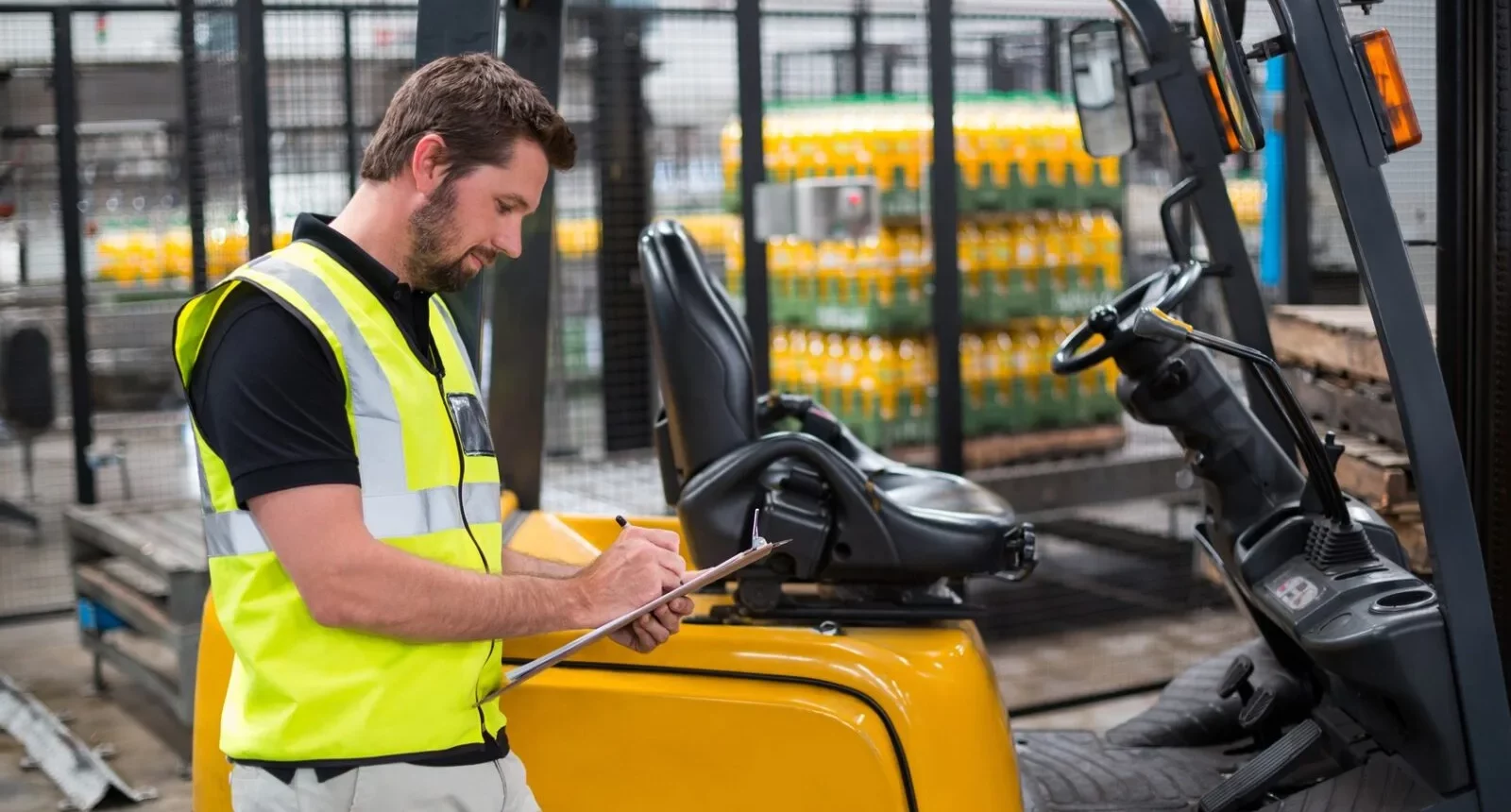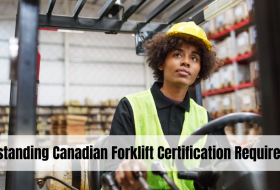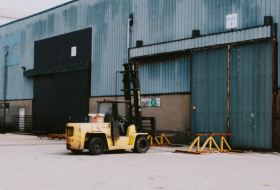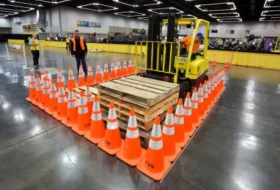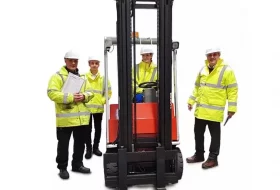Forklifts are essential pieces of equipment in warehouses, factories, and construction sites. They are used to lift and move heavy loads, making the work easier and more efficient. However, forklifts are not cheap, and replacing them frequently can be expensive. Therefore, it is important to take steps to improve their longevity. In this article, we will discuss some tips on how to improve the longevity of forklifts.
1. Regular Maintenance:
Regular maintenance is the most important factor in improving the longevity of forklifts. Forklifts are subject to wear and tear, just like any other equipment. Regular maintenance ensures that the forklifts are in good working condition, and any potential problems are identified and fixed before they become major issues. Scheduled maintenance should include inspections, lubrication, and cleaning of the forklift. These tasks should be carried out by trained technicians who are knowledgeable about forklifts and their components. The best way to ensure that your forklift is maintained properly is to choose a reputable forklift training centre that offers maintenance services.
2. Proper Use:
Forklifts are designed to handle heavy loads, but they have their limits. Proper use of the forklift is crucial in improving its longevity. Operators should be trained on how to use the forklift safely and properly. They should know the weight limits of the forklift and how to balance loads properly. Overloading the forklift can cause damage to its components and shorten its lifespan. Operators should also be trained on how to avoid accidents while using the forklift. Accidents can cause damage to the forklift and cause injuries to the operator and other workers. Proper use of the forklift can also prevent unnecessary wear and tear on its components.
3. Replacement of Parts:
Forklifts have many components that are subject to wear and tear. Some of these components, such as tyres and brakes, need to be replaced periodically. Operators should be trained to identify when these components need to be replaced. Failure to replace these components can cause damage to other parts of the forklift and reduce its lifespan.
4. Upgrades:
Upgrades can also help to improve the longevity of forklifts. Upgrades can include replacing outdated components with new ones that are more efficient and durable. Upgrades can also include adding new features to the forklift, such as safety sensors or cameras, to improve its safety and efficiency.
5. Regular Cleaning:
Regular cleaning of the forklift is important in removing dirt, dust, and debris that can accumulate on its components. This can cause damage to the forklift and shorten its lifespan. Cleaning should be done regularly using mild detergents and water. Operators should be trained on how to clean the forklift properly without causing damage to its components.
6. Proper Handling of Loads:
Proper handling of loads is important in improving the longevity of forklifts. Loads should be balanced properly to avoid putting undue pressure on the forklift’s components. Operators should be trained on how to handle different types of loads safely and efficiently. They should also be trained on how to maneuver the forklift in tight spaces to avoid collisions and damage to the forklift.
7. Training and Certification:
Operators should receive proper training and certification from a reputable forklift training centre. This will ensure that they know how to operate the forklift safely and efficiently. Certified operators are less likely to cause accidents or damage to the forklift, which can improve its longevity.
8. Keep Records:
Keeping records of maintenance, repairs, and inspections is important in improving the longevity of forklifts. This can help to identify any recurring problems and provide a history of the forklift’s maintenance. Records should be kept in a secure location and updated regularly.
9. Invest in Quality Forklifts:
Investing in quality forklifts can also improve their longevity. High-quality forklifts are made with durable materials and have better components that can withstand wear and tear. Investing in quality forklifts may cost more initially, but it can save money in the long run by reducing the need for frequent repairs and replacements.
10. Conduct Regular Inspections:
Conducting regular inspections is important in identifying any potential issues with the forklift before they become major problems. Operators should be trained on how to conduct pre-operation inspections, which should include checking the tires, brakes, steering, and other components. Regular maintenance and inspections can help to extend the lifespan of the forklift and prevent breakdowns.
11. Use the Right Forklift for the Job:
Using the right forklift for the job is important in improving the lifespan of the forklift. Different types of forklifts are designed for specific tasks, and using the wrong type of forklift can cause damage to the forklift and shorten its lifespan. Operators should be trained on how to select the appropriate forklift for the job based on the weight and size of the load, the height of the lift, and the operating environment.
12. Practice Safe Driving Habits:
Practicing safe driving habits is important in reducing the risk of accidents and damage to the forklift. Operators should be trained on how to operate the forklift safely and should avoid driving too fast, making sudden stops or starts, or taking turns too quickly. They should also be trained on how to use the horn and lights to alert others of their presence.
13. Store Forklifts Properly:
Storing forklifts properly when they are not in use is important in improving their lifespan. Forklifts should be stored in a dry, clean, and secure location to prevent damage from environmental factors. Batteries should be removed and stored separately to prevent damage from moisture. It should be kept in a cool, dry place, and charged regularly. Neglecting the battery can cause it to lose its charge and shorten its lifespan. Operators should be trained on how to properly store forklifts when they are not in use. This will prevent rust and corrosion of its components, which can lead to premature wear and tear.
14. Refresher Courses:
Providing regular training and refresher courses for forklift operators is important in ensuring that they are up to date with the latest safety practices and regulations. Operators should be trained on new technologies, equipment, and operating procedures to help them work more efficiently and safely. Refresher courses can also help to reinforce safe driving habits and prevent accidents.
Conclusion:
In conclusion, improving the longevity of forklifts requires regular maintenance, proper use, storage, replacement of parts, and upgrades. Choosing a reputable forklift training centre like Wisdom Forklift Training that offers maintenance services can help ensure that your forklifts are maintained properly. Proper use of the forklift can prevent unnecessary wear and tear on its components. Proper storage of the forklift can prevent rust and corrosion. Replacement of worn-out components and upgrades can improve the efficiency and durability of the forklift. By following these tips, you can ensure that your forklifts last longer and provide efficient service.

